
NPR Podcast: How one family of Afghan refugees is adjusting to their new life in Maine
09-09-2024
People fleeing violence and persecution can be haunted by their traumas for a long time, even after they have found safety in a new place. And children are particularly vulnerable. Rhitu Chatterjee has the story of a boy who fled Afghanistan and has recently settled in Maine: in collaboration with Theresa Betancourt and RPCA research. Listen to part 1 and part 2 now.
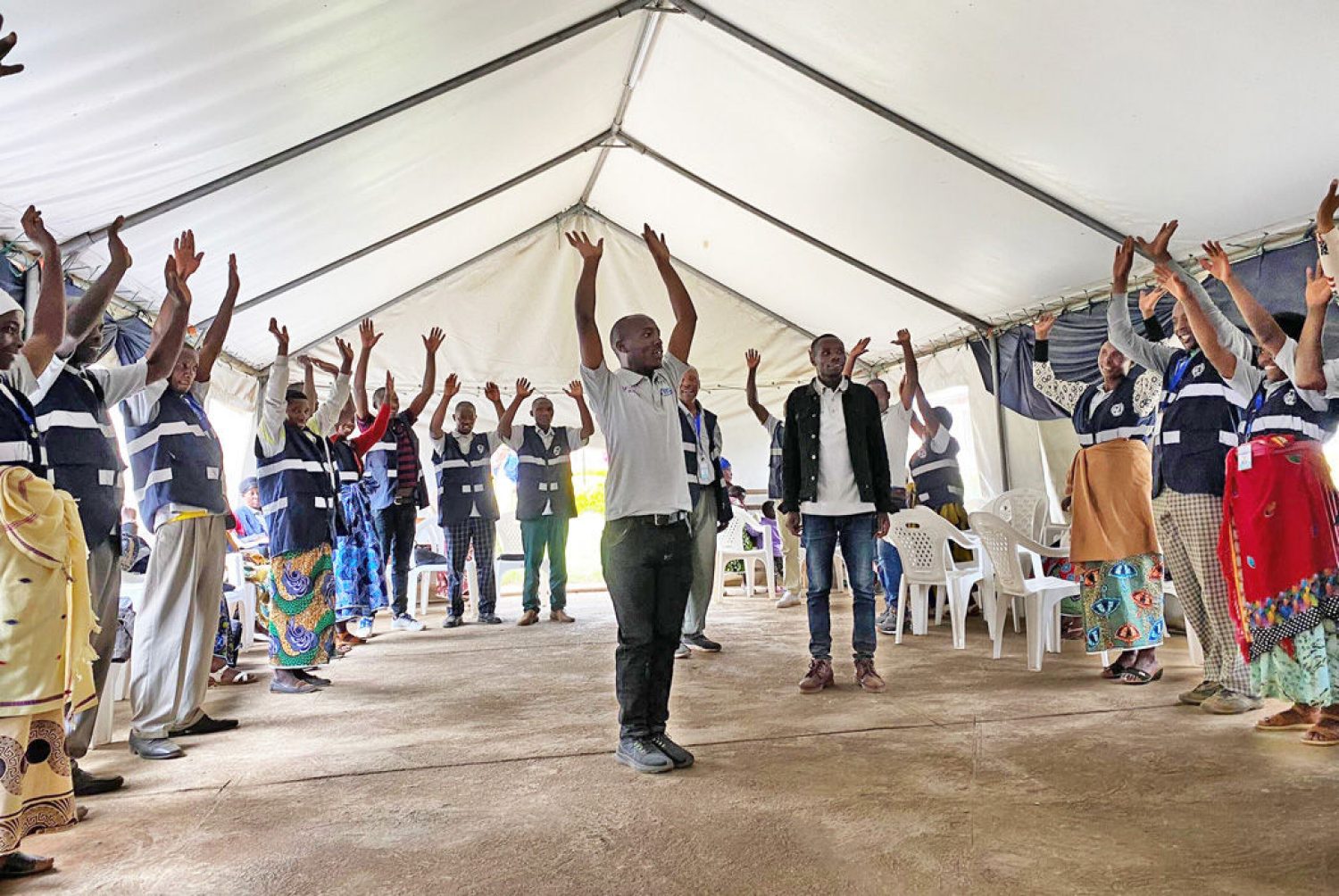
New phase begins for BCSSW's family intervention program in Rwanda
07-23-2024
A five-year, $2.9 million National Institute of Mental Health grant will enable Boston College School of Social Work researchers to test digital innovations in their ongoing work on a family home-visiting intervention that promotes early childhood development while reducing family violence. With the funding, the Research Program on Children and Adversity (RPCA) will begin a new phase of scaling for Sugira Muryango (SM), or “Strengthen the Family,” which is being implemented in Rwanda. Continue Reading.
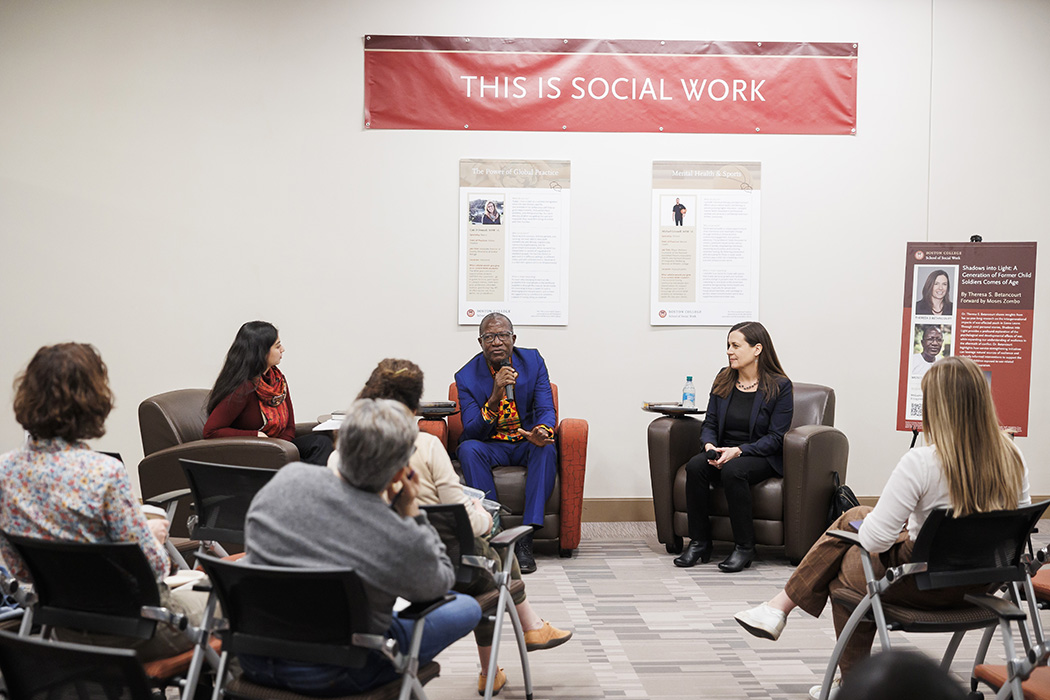
5 takeaways from BCSSW Professor Theresa Betancourt’s new book talk
04-17-2024
Theresa Betancourt, the inaugural Salem Professor in Global Practice at the Boston College School of Social Work, has spent more than two decades studying the lives of over 500 children who were forced to fight in Sierra Leone’s brutal civil war from 1991 to 2002.What she’s found is that the strength of family and community bonds play a crucial role in shaping life outcomes over time, providing social support and encouragement that can help young people recover from wartime experiences.
Read Article.

400 million children beset by waris a global public health crisis
12-26-2023
From Ukraine to Sudan to Gaza, war takes a devastating toll on children. UNICEF estimates that more than 400 million children globally live in areas affected by war or other conflict. While the world’s diplomats work toward toward — and internationalorganizations call for — an end to the bloodshed around the world, they must alsoprepare a parallel plan to meet the consequences of war on children’s mental health. A 2008 meta-analysis of 7,920 children exposed to war — including samples from thePalestinian territories, Israel, Bosnia, and Rwanda — found that 47 percent hadprobable post-traumatic stress disorder, 43 percent depression, and 27 percentanxiety, with many of these conditions co-occurring. Every armed conflict adds to theburden on global mental health. In 2023, for the first time, health care professionalsaround the world designated mental health disorders as a higher health concern than cancer. Keep Reading.

BC School of Social Work team aids in Afghan resettlement
03-13-2023
BCSSW’s Research Program for Childhood Adversity will collaborate with the University of Illinois-Chicago in assessing Afghan families’ needs, strengths, and challenges as they build new lives in the U.S. and identifying family support strategies that refugee service organizations can utilize. RPCA and UIC also will share findings about the psychosocial consequences of war and forced migration on children as well as the evidence for multi-level interventions, and provide guidance for culturally informed practice with Afghan families.
Read article

How parents in Ukraine can help their children cope with the trauma of war
03-25-2022
Theresa Betancourt sits down with Journalist, Jason Kornowitz, and Professor Scott Easton to discuss the risk of toxic stress on children in the midst of the war in Ukraine. Betancourt and Easton discuss coping with trauma and resilience.
Read article
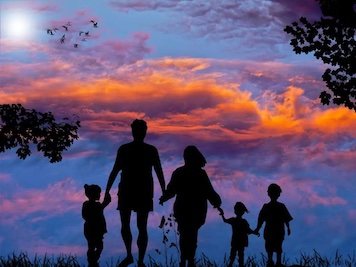
SACRU International Insight on Family: Reflections on Family Migration with Theresa Betancourt
03-25-2022
On the International Day of Families, the Strategic Alliance of Catholic Research Universities (SACRU) discusses with Theresa Betancourt on Family-centered approaches to supporting war-affected children in Ukraine. Betancourt offers her insight on interventions focused on supporting war-affected children and families.
Read article
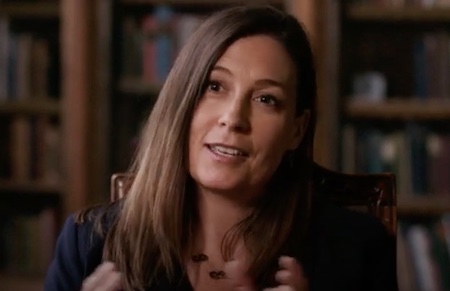
Doctor Radio Podcast Professor in Global Practice at the Boston College School of Social Work Dr. Theresa Betancourt discusses the needs of children in conflict areas
03-25-2022
During a special edition of Doctor Radio Reports, Professor in Global Practice at the Boston College School of Social Work Dr. Theresa Betancourt details the needs of children in conflict areas like Ukraine.
Listen to Podcast

The war is taking a toll on Ukraine's kids. Betancourt shares how parents can help.
03-22-2022
An NPR article by Malaka Gharib highlights psychologists all around the globe and their viewpoints on the cirsis in Ukraine and how parents can support their children. Betancourt offers her insight on war related trauma and family strengthening.
Read Article
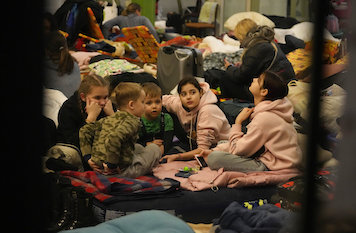
WHYY Radio Podcast with Theresa Betancourt: Ukraine’s children and the trauma of war
03-16-2022
How will Ukraine’s children survive the trauma of this war? Many of them are witnessing horrific violence, have or will lose loved ones, are watching their homes and cities destroyed. Forty percent of the world’s refugees are children and many children also still live in conflict zones, unable to escape. Listen to public health experts' thoughts on this topic, Dr. Theresa Betancourt (Boston College) and Dr. Adeyinka Akinsulure-Smith (CUNY).
Listen to Podcast
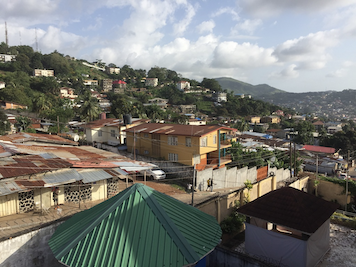
$3.3M grant aids BC research project on trauma, violence
03-14-2022
BC School of Social Work Professor Theresa Betancourt has spent 20 years following former child soliders in Sierra Leone. The grant enables the school’s Research Program on Children and Adversity to build on its study of war-affected youth in Sierra Leone, which involves tracking the progress of 529 young people whose lives were disrupted by that country in a variety of ways—including many girls and boys associated with armed forces and armed groups.
Read article
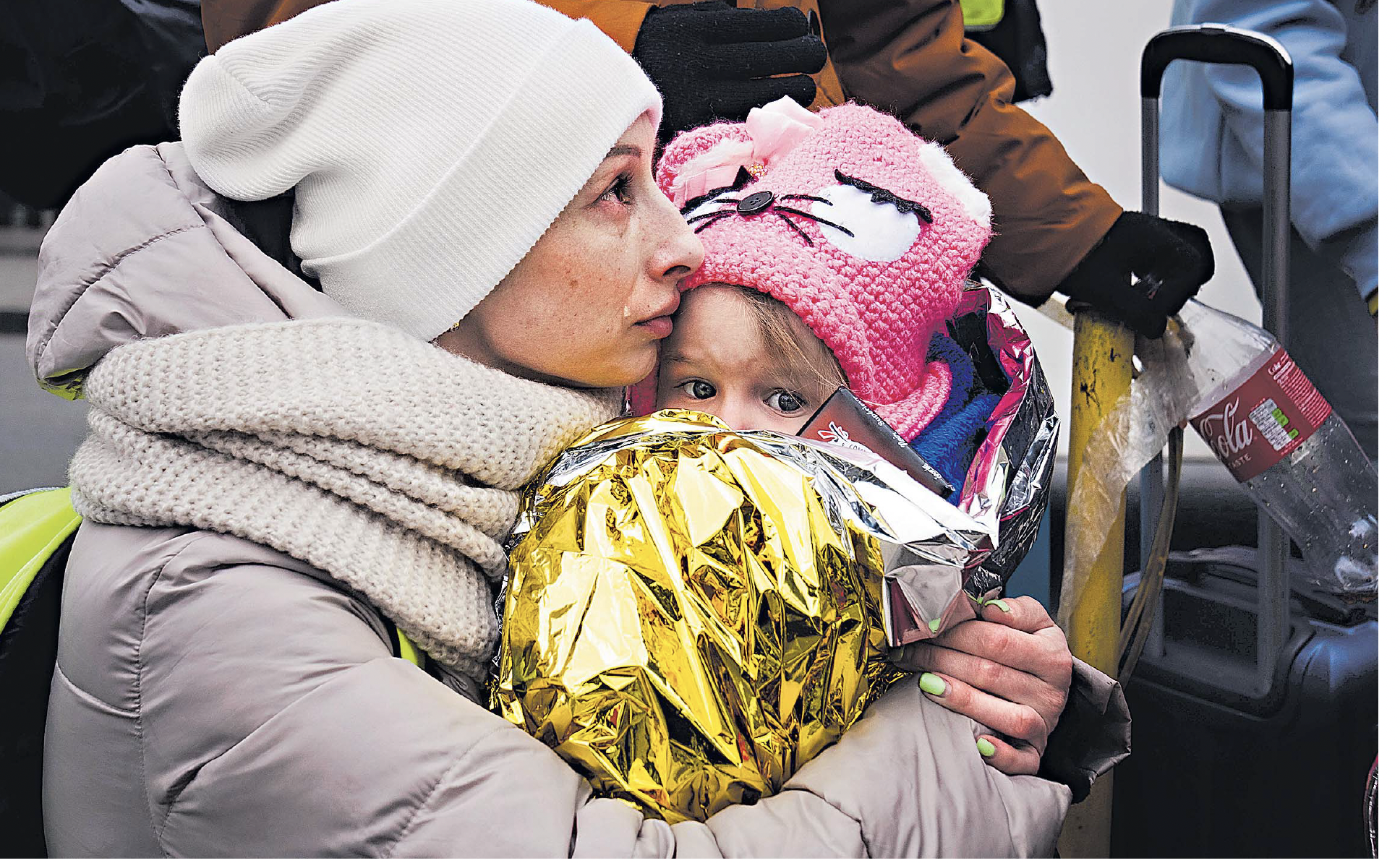
MENTE EM RUÍNAS Como as guerras deixam marcas na saúde mental
03-08-2022
Theresa Betancourt, Professor Social Work at Boston College, and Thayz Guimaraes, journalist for O Globo Brazil, speak about mental health and the context of war. Article in Portuguese. Theresa Betancourt, professor de serviço social universitário Boston College, e Thayz Guimarães, jornalista de O Globo Brasil, falam sobre saúde mental e contexto de guerra. (Artigo em portugues)
Read Here/Leia artigo aqui
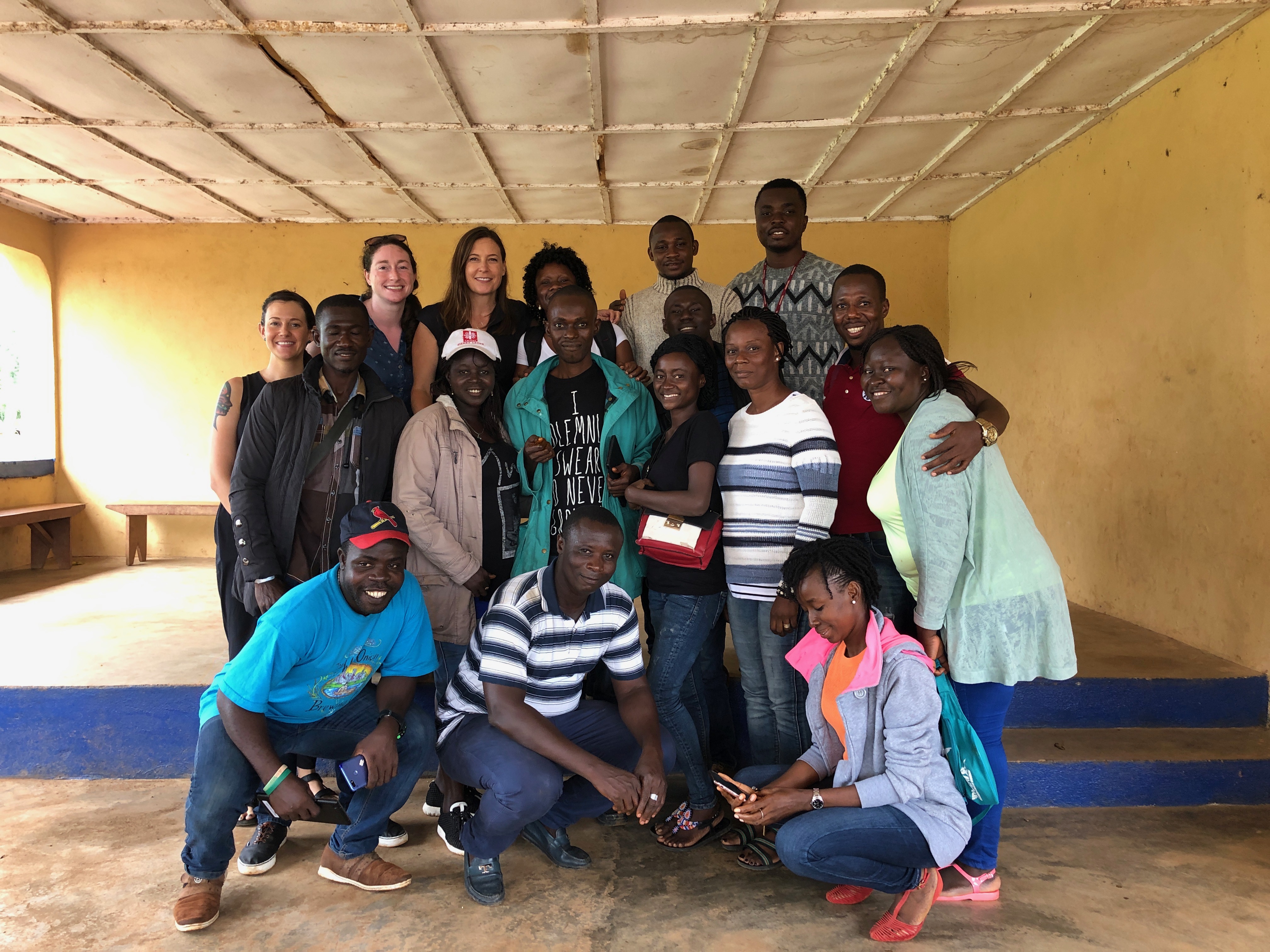
The Christian Science Monitor Podcast: How Theresa Betancourt fosters resilience and healing in ex-child soldiers
11-15-2021
Professor Theresa Betancourt of Boston College has studied why some child soldiers in Sierra Leone heal after the trauma of war. But she took it a step further. She’s helping create programs that foster resilience, love, and hope. Episode 6 of the “People Making a Difference” podcast.
Listen to Podcast
.jpg)
The Christian Science Monitor: Why do some child soldiers heal and not others? What one scholar found.
02-08-2021
BC School of Social Work Professor Theresa Betancourt and Caritas Freetown Program Manager, Ishmeal Alfred Charles, speak about resilience in the midst of trauma with the Christian Science Monitor.
Read article

What Happens When Child Soldiers Return Home?
09-01-2020
BC School of Social Work Professor Theresa Betancourt has spent nearly two decades following the life trajectories of children who were forced to fight in wars. What she and her collaborators are learning could help change the way we treat trauma in under-resourced regions of the world.
Read article
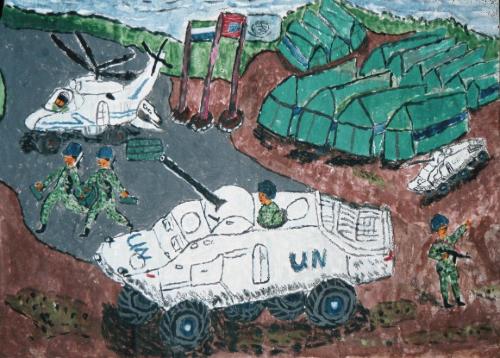
Child soldiers, adult lives
06-20-2019
Families and communities are central to recovery for Sierra Leone's former child soldiers, Boston College researchers find in 15-year study of war-affected youth, the first to follow child soldiers into adulthood. Continue Reading